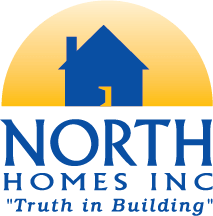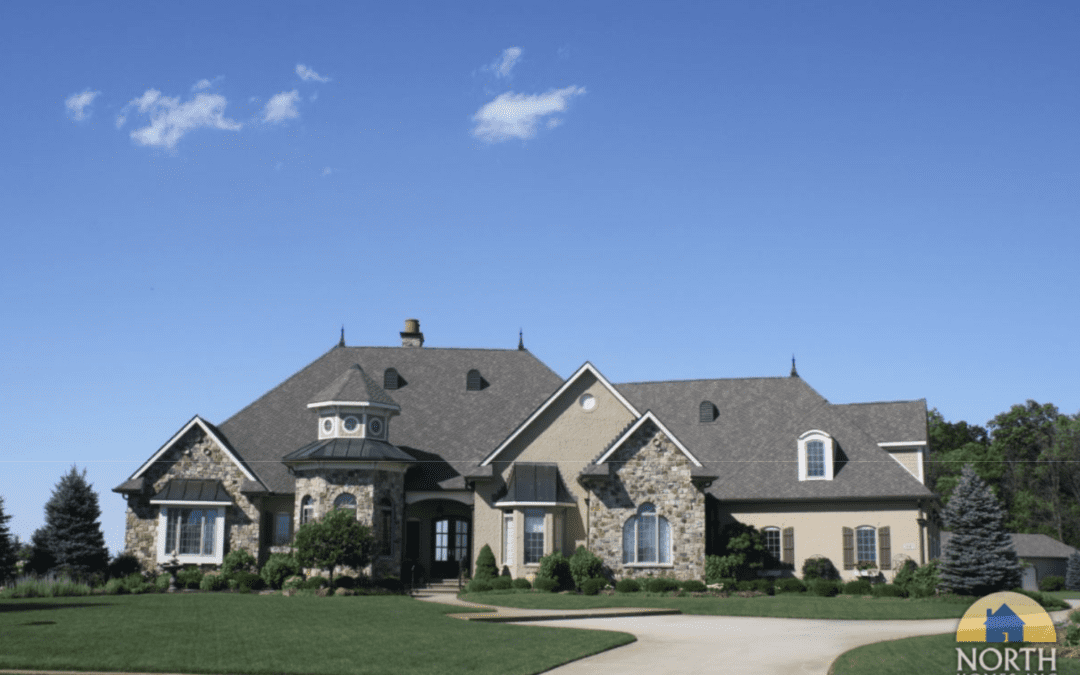Building a custom home is an exciting opportunity that allows you to create a new space tailored to your unique needs and wants. However, without proper budgeting, this dream can quickly become a financial nightmare. Here are four budgeting tips to ensure your custom home build stays on track, so you can get the home you’ve been waiting for in Hendricks County.
1. Set a Realistic Budget and Plan for Contingencies
The first step in any successful custom home build is establishing a realistic budget. Take a comprehensive look at your finances to determine how much you can afford and want to spend. Consider all sources of funds, including savings, loans, and potential contributions from family members. It’s crucial to be honest about your financial situation to avoid overextending yourself. Make sure your budget also accommodates unexpected expenses. Best practice is to allocate an extra 10-20 percent of your total budget for contingencies. This cushion will help you manage unforeseen expenses without compromising other aspects of your project. The first step to creating your custom home build is ensuring you can cover every piece of the expected and unexpected.
2. Prioritize Your Must-Haves
While building your dream home, it’s easy to get carried away with features and finishes. Make a list of your must-haves and prioritize them over nice-to-haves. This will help you allocate funds more effectively and ensure the essential elements of your home are covered before considering extras. Prioritizing key features ensures that your core needs are met, even if your budget tightens. Saving on pieces that can be easily upgraded in the future helps cushion your budget to accommodate the essentials.
3. Choose the Right Builder and Get Detailed Estimates
Selecting a reliable and experienced builder is crucial to staying within budget. When selecting your building, compare services, industry connections and resources, and client testimonials. During the consultation phase, a good builder will provide a detailed estimate and help you understand where your money is going while walking you through the entire building process. They can also offer advice on cost-saving measures without sacrificing your dream vision. Work with your builder to obtain detailed estimates for every aspect of your home build. This includes materials, labor, permits, and any other costs associated with the project. Having a clear understanding of these expenses will help you avoid surprises and stay within your budget.
4. Monitor Your Spending and Avoid Last-Minute Changes
Keep a close eye on your spending throughout the building process. Regularly review your budget and compare it against actual expenditures. This will help you identify any areas where you may be overspending and allow you to make necessary adjustments before it’s too late. Changes to your plans during the construction process can be costly. To avoid this, make sure you’re satisfied with your design and materials before construction begins. If changes are necessary, discuss the potential cost implications with your builder beforehand. There are inevitably going to be changes along the way, but staying vigilant and prepared will help your budget in the long run.
Building a custom home is a significant financial commitment, but with careful planning and disciplined budgeting, it can be a rewarding investment. By setting a realistic budget, prioritizing essential features, choosing the right builder, monitoring your spending, and investing in energy efficiency, you can create the home of your dreams without breaking the bank.
As a leading custom home builder in Hamilton, Boone, and Hendricks Counties and other counties in Central Indiana, North Homes is here to help you make the most of your budget, timeline, and desired customization. Call today to schedule a meeting to discuss your vision, or fill out our contact form to learn more.

